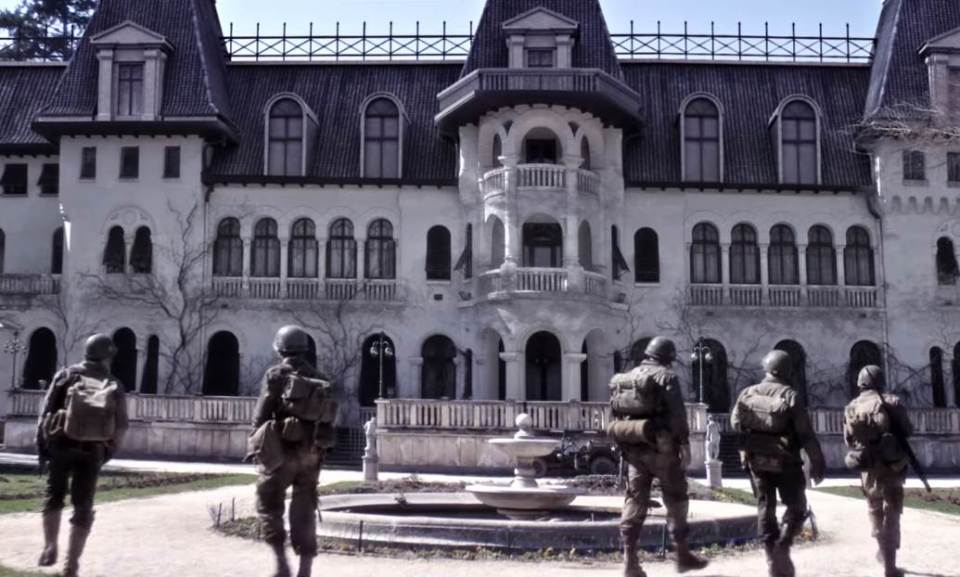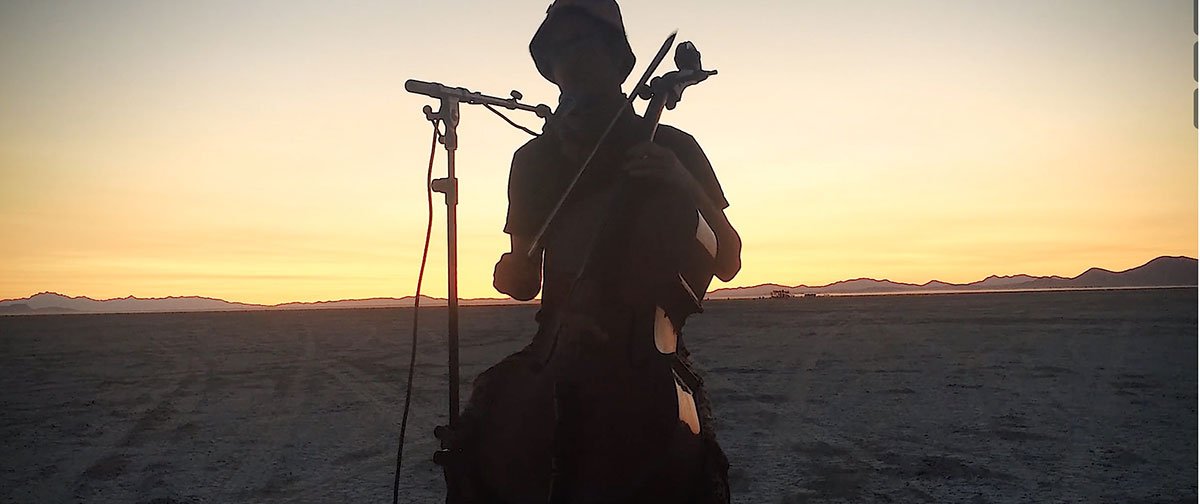The Painted Bird
by Cat McAlpine
If you paint the wings of a sparrow (or stitch a star to his jacket) the rest of the flock will no longer recognize him. The other birds will swarm and peck him until he plummets back to the earth. This is just one of the horrific lessons a young boy learns as he desperately searches for anywhere or anyone safe in war-torn Eastern Europe.
The Painted Bird is a nearly three hour long misery epic that follows this young boy, unnamed until the final shot of the film, looking for home during World War II. His parents have left him in the care of an elderly woman as they flee the Germans. But his banishment to the countryside cannot spare him from the horrors of the holocaust.
This film is hard to get through. Forty viewers walked out of its 2019 Toronto Film Festival showing. I would’ve walked out too, given the chance. The opening scene finds the young boy (Petr Kotlár) being chased through the woods. Another group of boys catch him. They rip away the small pet gripped in his arms, so quickly that it’s hard to identify, and they set it on fire. As he is beaten, the boy turns his head and watches his pet run in screaming circles until it dies. And then it gets worse.
What follows is a brutal parade of the worst humanity has to offer. Domestic abuse, graphic violence, multiple instances of animal abuse and death, rape, child abuse and rape, and more. Then the war crimes start around hour three.
The tale is an adaptation of Jerzy Kosiński ‘s 1965 novel of the same name, which made one of Time’s 100 Best Novels lists. Though lauded, the book is no less controversial, and is just as riddled with cruelty.
Directed and adapted by Václav Marhoul, the final product is beautifully shot in black and white. But the lack of color doesn’t make the rotten core of The Painted Bird any less pungent. Without color, Marhoul creates gut- wrenching scenes all the more visceral by adding textures like wet eyeballs on a dusty floor or the violent placement of a bottle that made me retch.
I won’t let it go unmentioned that while violence and depravity are the overarching themes, women have some of the worst characterizations in The Painted Bird. They are either mothers or depraved sexual deviants, or mothers of dead children who have since become sexual deviants. A few are witches.
Everyone is painted darkly, but with more male characters there are more opportunities for men to be shown in shades of gray.
The real conflict at the center of The Painted Bird is understanding how we use art to honestly bear witness to our cultural horrors. I cannot and would not recommend this film to anyone, it was too awful to watch. But you could argue that this is precisely why it must be seen.
The Painted Bird is a well-shot, well performed, and incredibly moving piece of cinema that is peppered with familiar faces (Harvey Keitel, Stellan Skarsgard, Julian Sands). You simply have to be willing to go where it wants to take you. And all of those places are dark.














